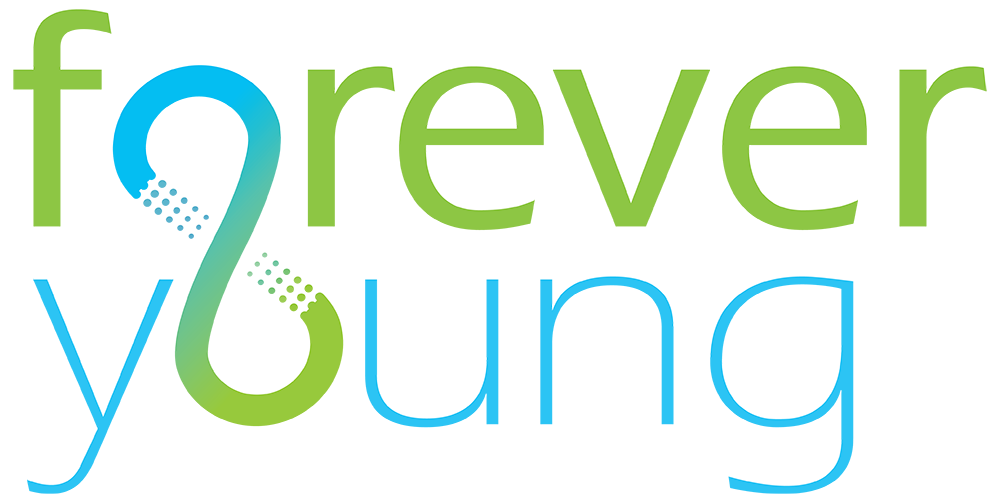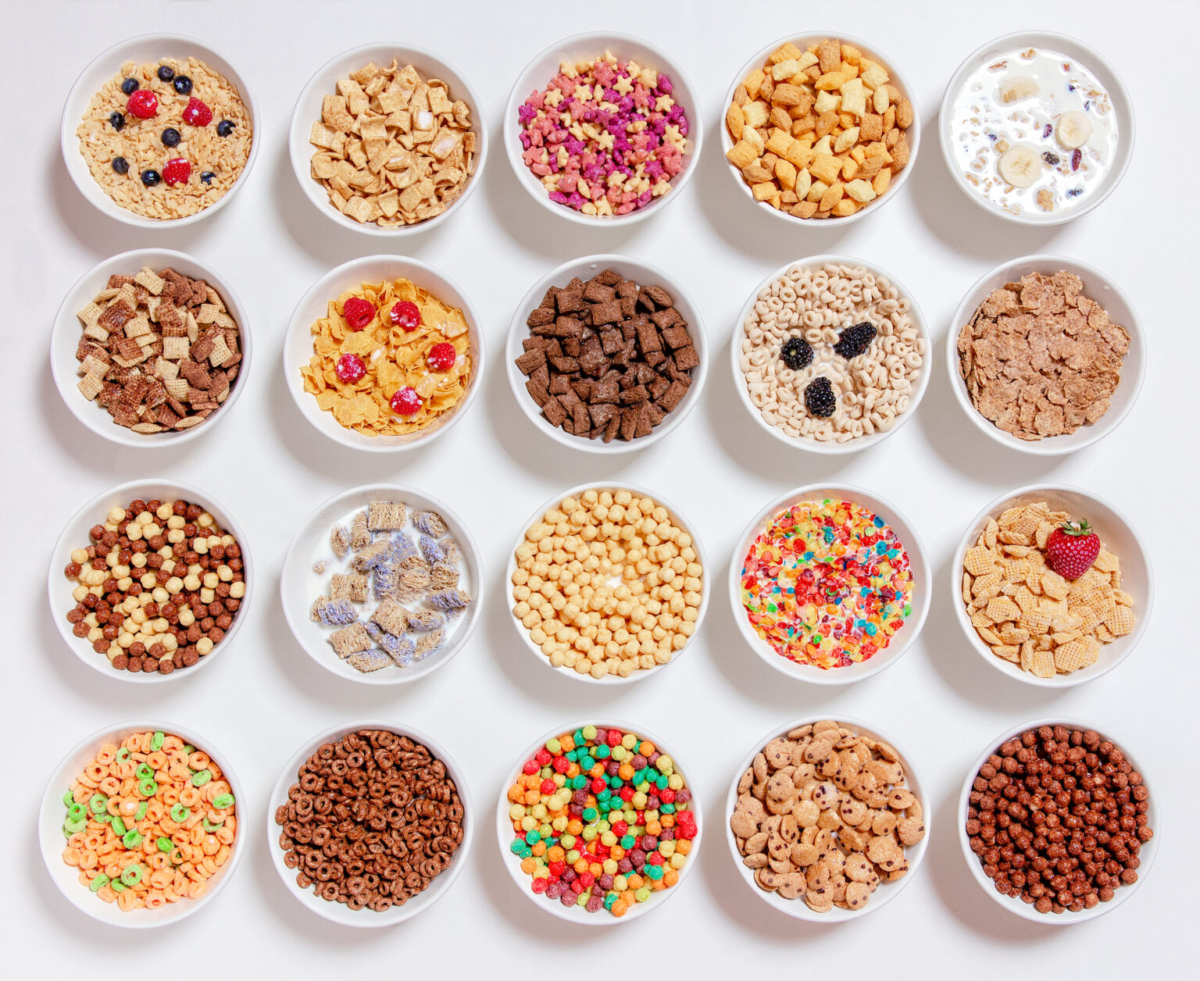Folic Acid is everywhere! You’ll find it in most of your favorite foods, from cereal to pasta and even supplements. But what are you eating?
Folic acid is actually a man-made synthetic version of naturally occurring Folate, commonly found in dark green leafy vegetables, fruits and fruit juices, nuts, beans, peas, seafood, eggs, dairy products, meat, poultry, grains, and other foods. Spinach, liver, asparagus, and brussels sprouts are among the foods with the highest folate levels. To be clear, folic acid is artificial and does not occur naturally in foods.*†
The origin of folic acid occurred in 1998 when there was a mandatory folic acid fortification of cereal grain products to reduce neural tube defects in newborns.
Since then dietary folate deficiency has virtually been eliminated thanks to the fortification of certain foods, which also has been shown to reduce the rate of neural tube defects in North America. Many of our common household foods contain folic acid, some of them include:*†
- enriched bread
- cereals, flours
- Cornmeal
- Pasta
- Rice
- and other grain products
Does Consuming Folic Acid Have Risks?
The controversy over folic acid supplementation has been simmering for years and new research is finally shedding light on it. While there’s an agreement that too much of this nutrient can lead to increased cancer risk, the same seems true when you don’t get enough.*
According to an article in WebMD, research has expressed concern that “taking too much folic acid for a long time might cause serious side effects… taking doses of 0.8-1.2 mg daily might increase the risk for cancer or increase the risk of a heart attack in people who have heart problems”.*†
Folate deficiency, on the other hand, can have equally serious consequences and happens when your blood lacks the amount of vitamin B9 (folate) it needs to function properly. Folate is extremely important for the development of the brain and spinal cord in unborn babies, and a lack of this can cause neural tube defects like spina bifida and anencephaly.*†
Other symptoms of folate deficiency may include:
- Infertility.
- Certain cancers.
- Cardiovascular disease.
- Depression.
- Dementia.
- Decreased cognitive function.
- Alzheimer’s disease.
While folate deficiency is rare, it can cause severe complications such as birth defects and anemia. Below is a chart displaying the Recommended Dietary Allowances for folate (folic acid):

Folic acid is a B vitamin that must be converted into an active form known as tetrahydrofolate (THF).*
The enzyme required for this conversion, known at DHFR has low activity in humans and so there’s an accumulation of unmetabolized folic acid within our bodies which competes with normal folate receptors causing cells to stop dividing properly.*
Folic Acid and Folate Supplementation

Dr. Mark Stengler NMD MS, has this to say about folic acid supplementation…
“I recommend avoiding supplements that contain folic acid. Many people consume folic acid due to the abundance of enriched foods and sub-quality supplements. Also, many people have genetic variations where they do not metabolize folic acid efficiently. Use supplements that contain folate or methyl folate, the type found in foods that your body can convert into a usable form. Prenatals, multivitamins, children’s vitamins, B complex formulas, and other dietary supplements are available that contain the natural folate form and not folic acid.”
Dr. Mark Stengler NMD is a bestselling author in private practice in Encinitas, California at the Stengler Center for Integrative Medicine. His weekly newsletter Dr. Stengler’s Health Breakthroughs is available at www.americasnaturaldoctor.com
†Selected References

